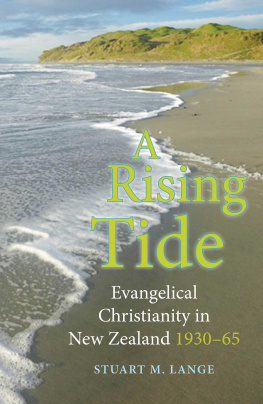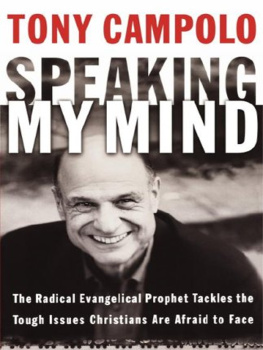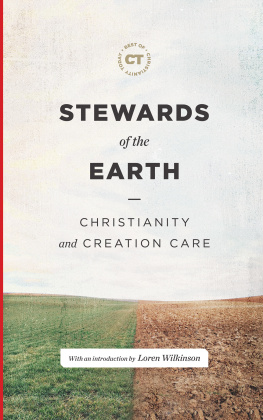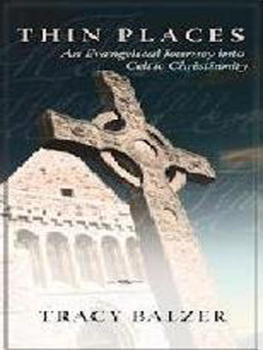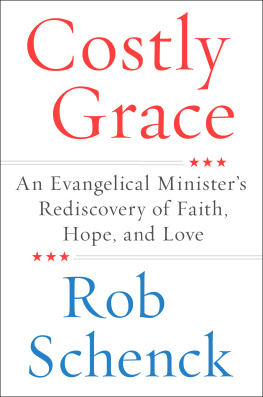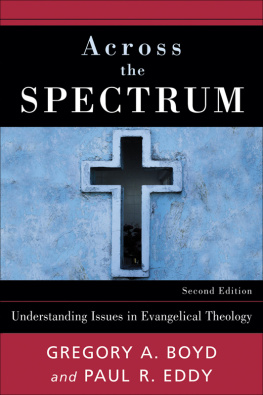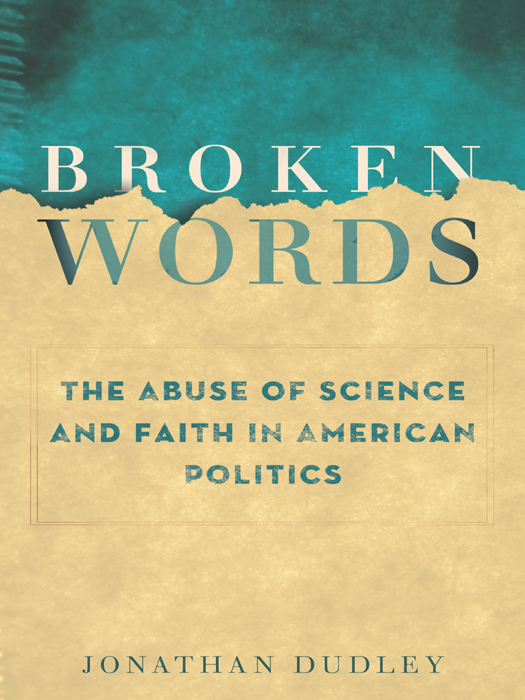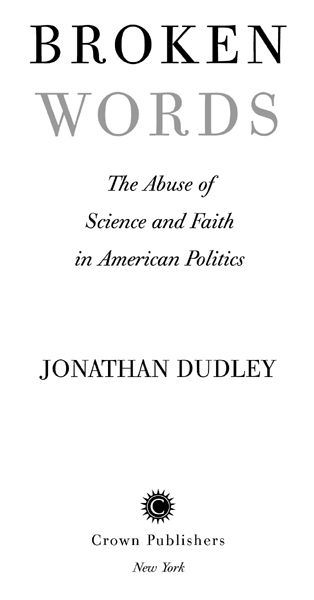Copyright 2011 by Jonathan Dudley
All rights reserved.
Published in the United States by Crown Publishers, an imprint of the Crown Publishing Group, a division of Random House, Inc., New York.
www.crownpublishing.com
CROWN and the Crown colophon are registered trademarks of Random House, Inc.
Library of Congress Cataloging-in-Publication Data
Dudley, Jonathan.
Broken words: the abuse of science and faith in American politics / by Jonathan Dudley.1st ed.
p. cm.
1. Evangelicalism. 2. EvangelicalismSocial aspects. 3. Church and social problems. I. Title. II. Title: Misfortunes of science and scripture in evangelical Christian politics.
BR1640 D83 2011
261.8dc22 2010035307
eISBN: 978-0-307-72079-5
Jacket design by Kyle Kolker
v3.1
To my parents,
who encouraged my curiosity as a child
and have graciously endured the consequences ever since
CONTENTS
ONE
The Bible, Biology, and Boundaries
TWO
Pro-Life Proselytizing:
Abortion, Stem Cells, and the Moment of Conception
THREE
Queer Quagmires:
Evolution, Higher Criticism, and Homosexuality
FOUR
Environmental Experiences:
Global Warming, Stewardship, and Traditional Christian Antienvironmentalism
FIVE
Evolving Evangelicals:
Creationism, Intelligent Design, and Keeping an Open Mind
EPILOGUE:
Neo-Neo-Evangelicalism
So many things can be changed, being fragile as they are.
M ICHEL F OUCAULT
ONE
The Bible, Biology, and Boundaries
I LEARNED A FEW THINGS growing up as an evangelical Christian: that abortion is murder; homosexuality, sin; evolution, nonsense; and environmentalism, a farce. I learned to accept these ideasthe big fouras part of the package deal of Christianity. In some circles, I learned that my eternal salvation hinged on it. Those who denied them were outsiders, liberals, and legitimate targets for evangelism. If they didnt change their minds after being witnessed to, they became legitimate targets for hell.
In this book, I explore these ideas, the big four, from the perspective of one racked with ambivalence toward the evangelical community. Racked with ambivalence, I say, because I am emotionally attached to the evangelical culture. I grew up in it; all of my family and most of my childhood friends are from it; and I have many fond memories of singing songs at Bible camp, playing drums in my churchs praise band, and reciting Bible verses in Sunday school. But I am intellectually turned off by much of the evangelical culture. Its homogeneity, politicization, naive views of biblical interpretation, embrace of pseudosciencethey all serve to turn me away. I also explore the big four ideas as a seminary graduate and, now, aspiring medical scientist, and one whose theological and scientific training results in a rejection of standard evangelical thought on the big four issues. This background is especially appropriate because all four topics involve the Bible and biology: Life begins at conception and terminating it before birth is murder. Homosexuality is an abomination and gays dont have to be gay. Intelligent design is the best synthesis of biochemistry with belief in God. Global warming is a myth and the earth will be destroyed when Jesus comes back anyway.
When the Bible and biology are mixed in this way, the products are boundaries. The preceding stances on each issue, in the eyes of many, define the perimeter of the evangelical community. Like walls surrounding a city, the issues serve to distinguish evangelical insiders from nonevangelical outsiders. If you dont think life begins at conception, or you believe gay marriage is OK, chances are many evangelicals wont see you as a fellow Christian. When Richard Cizik, head of the National Organization of Evangelicals, declared in 2007 he believes in human-made global warming, going counter to the views of many evangelicals, who have long insisted that global warming is a hoax, evangelical leaders demanded he resign. During the 2008 Saddleback Forum, when Barack Obama told Rick Warren hes not quite sure when life begins, his response was immediately distributed to evangelicals as proof that McCain (who told Warren that life begins at the moment of conception) was the evangelicals candidate. When the Evangelical Lutheran Church of America voted to support gay marriage in 2009, and a tornado occurred on the same day, a leading evangelical pastor declared that God sent the tornado to punish the church. Evangelicals continue to rally around intelligent design and evince grave suspicion toward evolutionary theory. When evangelical pastor Greg Boyd wrote a book arguing that evangelicals neednt be Republicans in 2007, he lost 20 percent of his five-thousand-person congregation. The problem is not so much that evangelicals are generally Republican as that valid perspectives are squelched, while perspectives that are substantially weaker (as I will argue) are held up as defining orthodoxy for evangelicals.
For me, the function of these beliefs as litmus tests for Christian faith is not just an observation of the culture from afar. It is profoundly personal. I recall several stories, whispered in hushed, solemn tones after church, about the latest members who had wandered from the faith. This often referred to supporting a pro-choice politician or accepting the theory of evolution. Assenting to the big four, on the other hand, was taken as evidence of moving into the faith, crossing from worldly to Christian and entering the kingdom community. A church friend once commented, Gods been working in my neighbors heart lately. How did my friend know? Over the years the neighbor had gradually switched from supporting gay rights to opposing them.
Evangelicalism is not monolithic, nor is it stagnant. Not all evangelicals hold the big four views, and many evangelicals who do dont hold such views obnoxiously or uncritically. Although 78 percent of voting white evangelicals supported George W. Bush in 2004, and 74 percent supported John McCain in 2008, there is a growing politically liberal subgroup in the culture. Proenvironmentalism sentiment is increasingly common in the evangelical culture, but evangelicals are still one of the least likely groups in Americaaccording to some polls, the least likelyto support the environmental movement. Though evolution-believing evangelicals such as Francis Collinscurrent director of the National Institutes of Healthhave received support by evangelicals in some quarters, most of the culture prefers intelligent design or creation science. Rick Warren has attempted to broaden the evangelical political agenda to include issues like poverty and AIDS, but he also compares abortion to the Holocaust, and committed gay relationships to child abuse and incest. The culture may be changingand certainly is more diverse than common stereotypes suggestbut it is still defined in ways large and small by the four issues discussed in this book.
This is a book about the Bible, biology, and boundaries. It is my personal look at four hot-button issues involving science and scripture that have assumed a central importance in defining the evangelical community. And since evangelicals constitute roughly 35 percent of Americansand have a tremendous impact on politicsthis book is about four issues that have assumed a central importance in America. Over the course of my journey through an evangelical college, a mainline seminary, and a medical school, I have concluded that evangelical thought on these topics is in need of serious critique and rethinking. But before I get to that, allow me to introduce myself and my reasons for writing this book.


